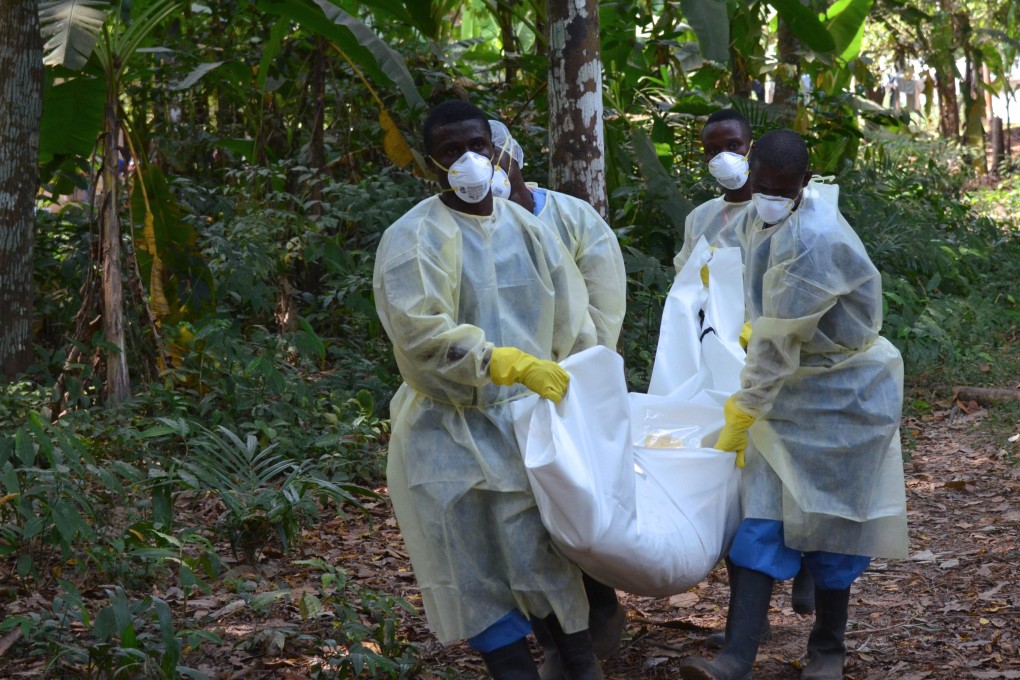We need a World Health Organisation that's fit for purpose
Jack Ling says the WHO should be depoliticised and given more resources so it can act quickly to stop fast-spreading diseases such as Ebola

Globalisation has delivered considerable economic and social benefits but it has exacted a scary public health price: the Ebola outbreak in West Africa that has killed thousands. The panic has led many to call for a global authority to take prompt action to prevent disasters such as the 1918 Spanish flu pandemic.
That authority already exists: the World Health Organisation - but it is an institution with a flawed structure, a politicised way of appointing key leaders, and woefully inadequate resources for quick action in our globalised world.
This is not to deny the good the WHO has done. However disappointing it has been in coping with Ebola, it had done impressive work such as extending primary health services to developing countries and eradicating smallpox. As it is, the WHO is not equipped to stop unexpected fast-spreading diseases.
The founding fathers of the United Nations thought that separating specialised agencies such as the WHO from the UN would protect technical cooperation from the political and security debates. It has not worked this way. The decentralised structure of the WHO, with six regional offices, has unnecessarily stifled its work. The precedent of the election of the director of the Pan American Health Organisation by countries within the region, a body which subsequently became the WHO's regional office for the Americas, led to the similar election of all WHO regional directors. And the programmes and budgetary resources of the regions are decided by regional committees.
The director general at the headquarters in Geneva, in effect, has no direct authority over the regional directors. Besides, the elected regional directors must pay heed to the health ministers in their region if they wish to garner their votes for election. This makes the WHO more politicised than other UN specialised agencies.
Further, WHO funding depends on an assessment formula based on population and economic considerations; it does not take into account unexpected fast-moving health issues. A better way to fund the body is needed and special consideration should be given to staff and resources to tackle epidemics such as Ebola.